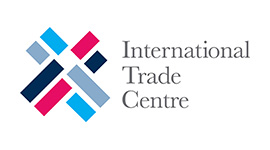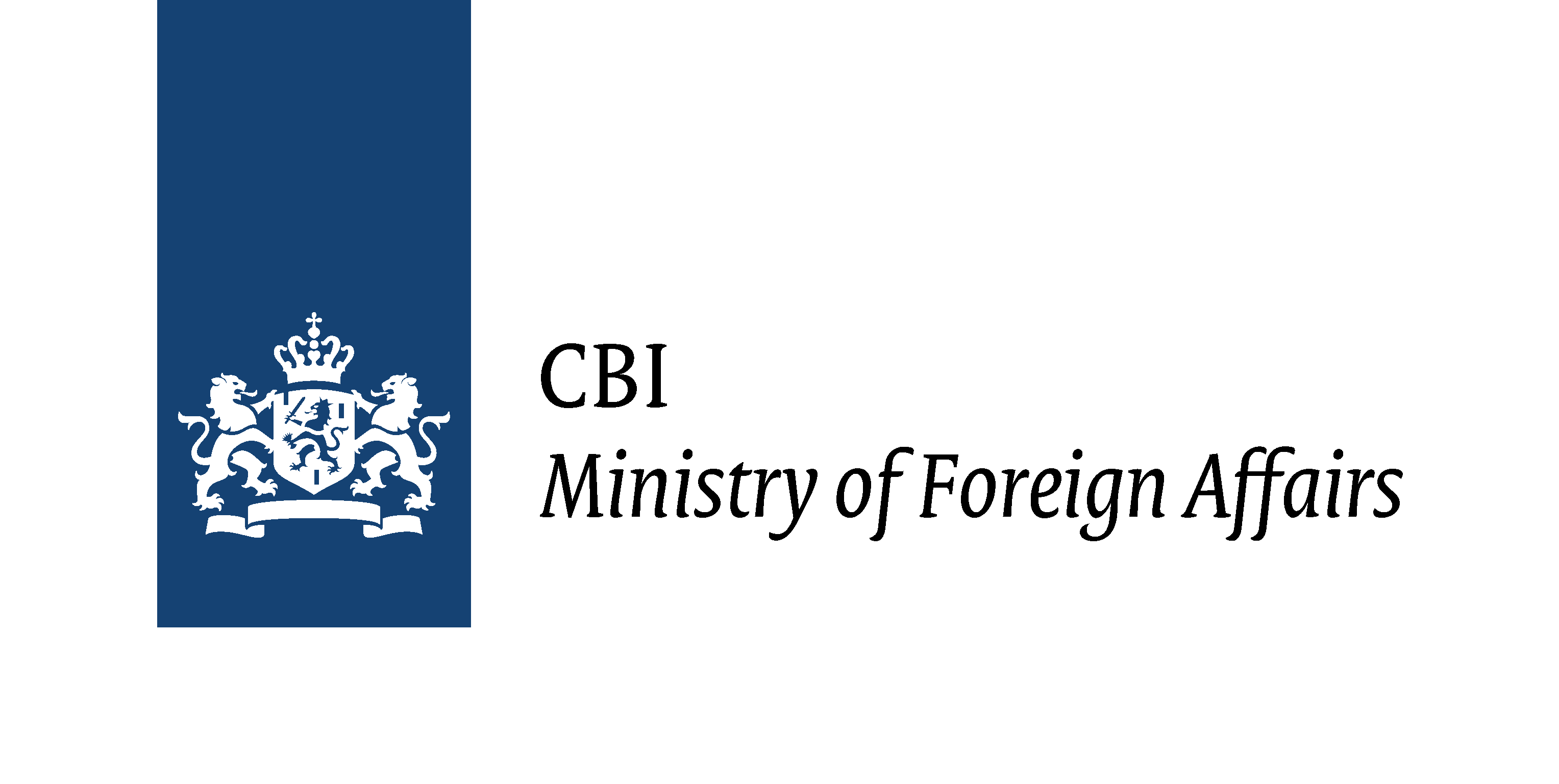Eastern Partnership: Ready to Trade - an EU4Business initiative

The project helps small and medium-sized enterprises (SMEs) from Eastern Partnership countries integrate into global value chains and access new markets with a focus on the European Union (EU). The intervention will assist SMEs in producing value-added goods in accordance with international and EU market requirements; while linking them with buyers from global value chains and markets, in particular within the EU. As part of this process, the assistance will improve sector specific services to SMEs along the selected value chains by strengthening the capacity of local business support organisations (BSOs).
Objectives
Enhance international trade of SMEs from the six Eastern Partnership countries, in particular with EU
Beneficiaries
SMEs and sectoral Business Support Organisations (BSOs) and other sector representative bodies.
Activities
- Conduct analysis of the selected value chains and identify constraints and opportunities for SME competitiveness, based on public-private consultations.
- Identify potential target markets, including EaP countries, outlining market opportunities and market requirements for selected product groups.
- Draft and finalize project roadmaps for each country, including country specific technical assistance interventions, to enhance international competitiveness.
- Validate findings and strategic orientations of roadmaps with stakeholders in beneficiary countries. (this may be done through a regional event)
- Select the group of beneficiaries (SMEs and their supplier/producer clusters, as well as BSOs) based on identified criteria.
- Conduct awareness-raising and information events on key issues critical for trade success in global markets with a focus on the European market (including CSR and core labour standards).
- Develop doing-business guides for targeted product groups with a focus on DCFTA requirements together with other tools, such as business, market (access) and import/export intelligence studies, in order to provide tailor-made information to SMEs.
- Provide coaching, training and business advisory services to a pilot group of SMEs in the areas identified and outlined in the roadmaps developed.
- Assess the feasibility of establishing producers’ groups and/or other forms of SME clusters with the aim to improve sector competitiveness.
- Raise awareness of equipment supplied by European manufacturers and link with EU suppliers as appropriate.
- Assess the capacities of sectoral BSOs to meet the needs of SMEs in the selected global value chains (both service provision and management).
- Advise on specialised service portfolio for selected sectoral BSOs, such as sector trade associations or sector task force, when needed, to fill in the gaps in sector support infrastructure.
- Conduct training for sectoral BSOs on the key areas for improvement in the areas identified and outlined in the project roadmaps.
- Contribute to information-knowledge sharing platforms and facilitate technical and commercial collaboration linkages with professional institutions and sector organisations from the target markets.
- Identify potential buyers in the EU, and other potential markets, including EaP countries and undertake in-depth market opportunities studies in which specific buyers requirements will be detailed.
- Prepare SMEs for participation in trade fairs and upgrade their skills on marketing and sales strategies through training and advisory services.
- Develop networks with potential buyers for the target product groups in each country.
- Outline profiles and prepare SME marketing material to be promoted towards potentially interested international and European buyers and investors.
- Plan and organize study tours, collaboration meetings, trade fair participation and buyer/seller meetings to facilitate partnerships with buyers.
- Develop e-trade platforms to facilitate access to global markets as appropriate (the need to be confirmed by the value chain analysis in each country).
Results
- Output 1: Roadmaps developed for selected value chains in each country
- Output 2: Capacities of SMEs strengthened to increase value added production and improve competitiveness
- Output 3: Capacities of sectoral BSOs enhanced to provide SMEs with quality and relevant services along the value chains
- Output 4: Business linkages created for SMEs to expand sales in international markets and value chains, in particular the EU



